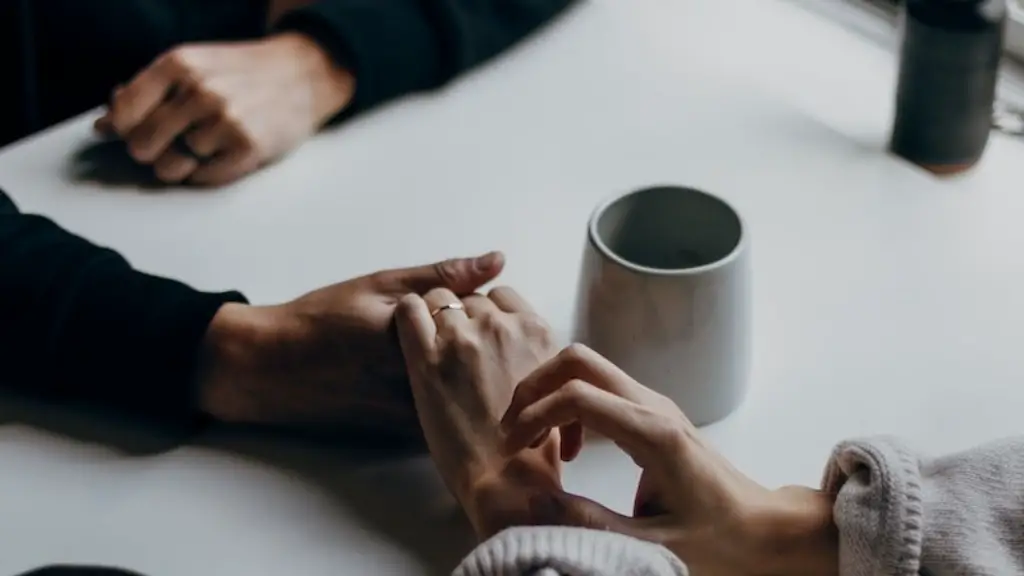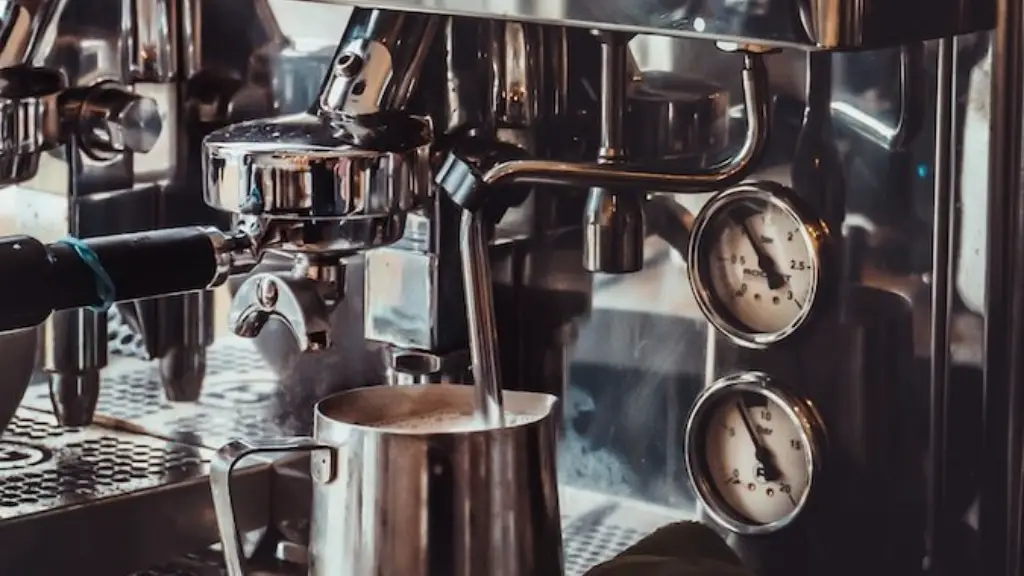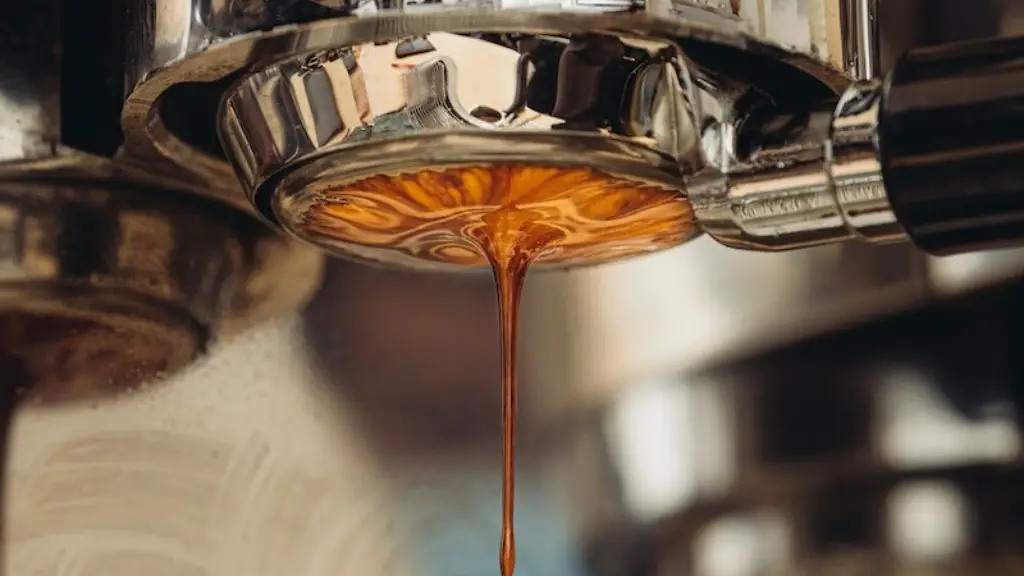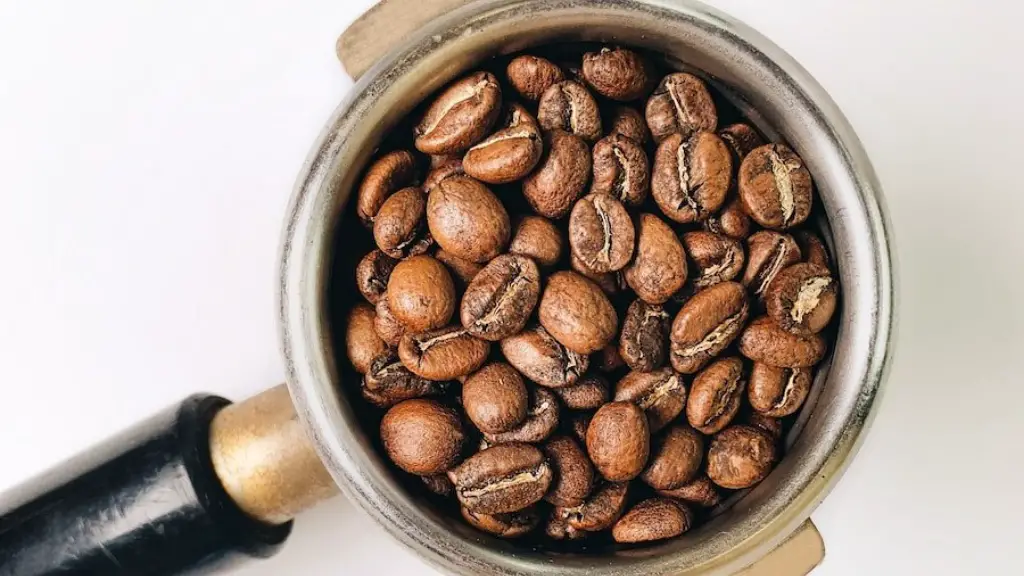We all know that coffee is comforting, energizing, and capable of providing a nice little kick to otherwise sluggish mornings. But how long can we wait before our next cup of coffee after taking a few doses of medication? While it’s hard to answer with any certainty, there are a few factors that all need to be considered before deciding how soon you should be able to safely drink coffee.
The first thing to take into consideration is the type of medication you are taking. Some medications, such as blood pressure medications, do not interact negatively with coffee at all, and can therefore be consumed right away. It is recommended however, that you speak with the doctor or medical professional that prescribed you the medication, just to make sure.
On the other hand, some medications, such as antibiotics or muscle relaxers, can potentially interact negatively with coffee. It’s not just a matter of whether you will get negative side effects – it could actually be dangerous for your health if you drink coffee soon after taking some of these medications. Therefore, it’s important to always wait for at least an hour after taking your medicine before drinking coffee.
That being said, it’s important to understand that the effects of coffee can be more pronounced in some individuals. Therefore, it is important to consider how well the body absorbs and metabolizes the medication in each individual. If you’ve been prescribed medication, you should always speak with the prescribing doctor to make sure that it is ok to drink coffee after taking the medication. This is why it’s always important to read the labels on your medication as well.
In some cases, the best approach is simply to wait a while before drinking coffee. For other factors, it is best to speak with your medical professional before making the decision to drink coffee. It is also very important to make sure that you are aware of the potential negative effects that can come from drinking coffee too soon after taking medication.
How Does Coffee Impact Medication?
There are some medications that are designed to be taken with food. In this case, there is no problem with drinking coffee afterwards because the action of drinking coffee does not interfere with digestion and absorption of the medication. However, some medications should not be taken with food, or taken with a certain type of food, such as acidic foods like coffee. When this is the case, it is essential that the patient strictly adheres to the instructions.
There is also the concern of the interaction between caffeine and medications. Some medications, such as those used to treat depression and anxiety, can interact negatively with caffeine. This interaction can result in a decrease in effectiveness of the medications, and in some cases, an increase in side effects. Therefore, it is important to speak with your doctor if you are taking antidepressants and considering drinking coffee.
The mechanism by which medications interact with caffeine is not completely understood, but it is believed that caffeine can inhibit the absorption of some medications, either by increasing gastric transit or slowing down gastrointestinal absorption. Therefore, it is important to be aware that the interaction between caffeine and medications could cause a reduction in a medication’s effectiveness.
Can I Decide For Myself?
While it is ultimately up to the patient to decide whether or not to drink coffee after taking medications, it is important to take into consideration the potential risks. Since the details of individual’s health and medications can be complex, it is best to consult a medical professional before drinking coffee after taking medications. The doctor or medical professional prescribing the medication can provide the patient with personalized advice and information about what is safe and what is not.
It is also essential that patients read the labels of their medications and understand how the body processes and metabolizes the drug. It is important to be aware of the potential interactions between caffeine and medications and to consult a medical professional if there is any uncertainty.
The Effects of Too Much Caffeine
Even if there is no interaction between caffeine and medications, drinking too much coffee can still be detrimental to your health. Caffeine is a stimulant that can cause anxiety, headaches, insomnia and other issues. Everyone reacts differently, so it is important to be aware of the signs of too much caffeine, and to limit consumption if necessary.
It is also important to be aware of the signs of caffeine addiction. Caffeine addiction can occur if a person is drinking too much coffee and relies on the drink for energy throughout the day. Symptoms of caffeine addiction include headaches, irritability, insomnia, restlessness and difficulty concentrating.
Consuming coffee in moderation is generally considered safe, but it is important to be aware of potential interactions with medications or the effects of too much caffeine. It is always a good idea to consult a medical professional before drinking coffee after taking medications.
Alternatives To Coffee
If you are concerned about drinking coffee after taking medications, or about the effects of too much caffeine, there are several alternatives that can still give you the energy boost you need. Some of these alternatives include herbal teas, green tea and energy drinks.
Herbal teas are a great way to get energy without the side effects of caffeine. They are also filled with antioxidants and other beneficial ingredients that can help increase energy levels. Green tea is also filled with antioxidants and can provide a subtle energy boost without the jitters associated with caffeine.
Energy drinks are a popular option for those seeking an energy boost, but they should be consumed in moderation due to their high sugar and caffeine content. They can be a good option when consumed with food and in moderation, but they should not be used as a replacement for coffee on a daily basis.
Tips For Drinking Coffee After Taking Medication
There are a few tips to keep in mind when drinking coffee after taking medications. The first is to make sure to always read the labels of the medications you’re taking. This will let you know if there are any potential interactions with caffeine, and it will give you an indication of how long you should wait before drinking coffee.
It is also important to speak with your doctor or medical professional if you are uncertain about whether it is safe to drink coffee after taking medication. The doctor will be able to guide you on the appropriate amount of time you should wait before drinking coffee.
In addition, it is important to be aware of the potential negative effects that can come from drinking too much coffee. It’s always best to drink coffee in moderation and to make sure to get enough rest and to eat a balanced diet.
The Bottom Line
It is important to be aware of the potential interactions between medications and caffeine, as well as the potential side effects of consuming too much caffeine. It is always best to consult a doctor or medical professional before drinking coffee after taking medications, and to make sure to drink coffee in moderation.





